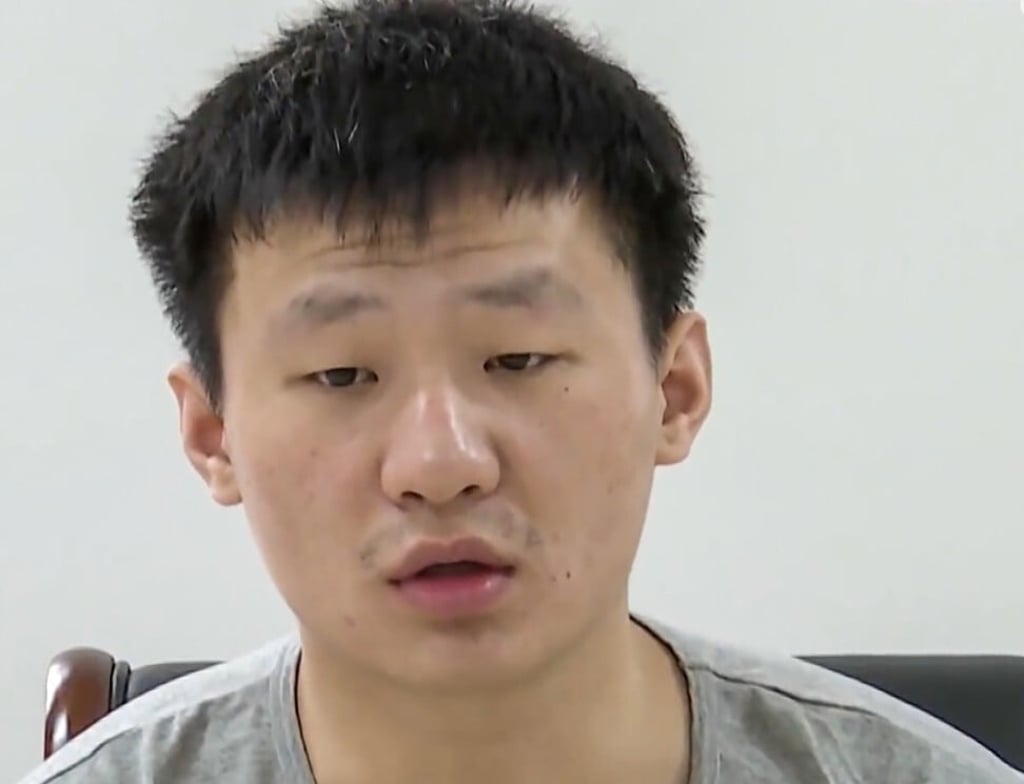Chinese man in notorious ‘case of the humiliated mother’ finally free following public outcry
- Yu Huan, who defended his mother during a shakedown by loan sharks, was initially given a life sentence
- It was reduced to five years after a public outcry and last week he walked free five months early. His case led to new guidelines on self-defence pleas

Yu, from Liaocheng city in eastern Shandong province, was 22 years old when the incident occurred in 2016. In April that year, his mother, Su Yinxia, who ran a car-parts business at the time, borrowed money from illegal money lenders and failed to make payments on the high-interest loans. The money lenders then held mother and son hostage in Su’s office.
During almost 10 hours in captivity, they were prevented from leaving by a group of men who also verbally abused and slapped them, and muffled Yu’s and Su’s mouths with their shoes. One of the men was even said to have pulled down his trousers and “insulted Su using extreme methods”.
Even though the police were summoned, they left without interfering, urging both sides to “work out their differences”.
